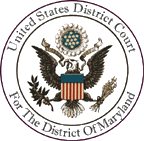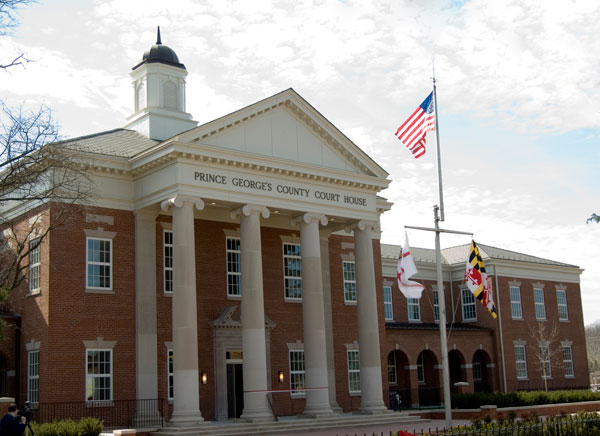As a nation, we are concerned with ambulance-chasing lawyers, frivolous lawsuits, and the increased costs of doing business. Much of the dialogue, however, comes from insurance companies, big-business, and soundbyte-seeking media.
Of course, lawmakers get into the act. A North Carolina bill recently proposed limiting lawsuits under certain circumstances, including limits to “a company’s liability if it developed a product under government-approved guidelines.” Interestingly, this would appear to apply to drugs approved by the FDA. Most people believe that the FDA independently researches, studies and evaluates drugs submitted for approval. However, the FDA typically only reviews the research submitted by drug manufacturers, and does not have the resources to perform much more.
Furthermore, the goal of reducing frivolous lawsuits–those lawsuits without merit–would not be realized. Instead, it would reduce all lawsuits in these areas to an absolute zero. A quick review of harmful drugs and devices over the past few years demonstrates that people were truly injured by dangerous drugs–pain pumps, Accutane, Granuflo, Baycol, Rezulin, and Fen Phen, to name a few.
 Maryland Car Accident Lawyer Blog
Maryland Car Accident Lawyer Blog


 Memorial Day kicks off most dangerous one-third of the year for teen drivers (those from ages 16 to 19. The one hundred days from Memorial to Labor Day are risky-in 2012, there were almost 1,000 people killed in accidents involving teen drivers. Over half of those killed were teens, and this says nothing of injuries.
Memorial Day kicks off most dangerous one-third of the year for teen drivers (those from ages 16 to 19. The one hundred days from Memorial to Labor Day are risky-in 2012, there were almost 1,000 people killed in accidents involving teen drivers. Over half of those killed were teens, and this says nothing of injuries.  Each state has at least one
Each state has at least one  Maryland has one circuit courthouse for each of its 24 counties. These are for civil cases, like automobile accidents, where the plaintiff claims $15,000.01 or more. The plaintiff can file a request for a jury trial. If not, the defendant can file the request. Otherwise, the case will be heard by a judge (called a bench trial). Circuit courts have some significant differences, compared to the Maryland district courts.
Maryland has one circuit courthouse for each of its 24 counties. These are for civil cases, like automobile accidents, where the plaintiff claims $15,000.01 or more. The plaintiff can file a request for a jury trial. If not, the defendant can file the request. Otherwise, the case will be heard by a judge (called a bench trial). Circuit courts have some significant differences, compared to the Maryland district courts.  Most personal injury cases in Maryland go through the Maryland District Courts.
Most personal injury cases in Maryland go through the Maryland District Courts. If you can’t settle your Maryland automobile accident case, where will your lawyer file a lawsuit? We’re going to do a three-part series on the Maryland trial courts, one for every type of court. Your case could be filed in the:
If you can’t settle your Maryland automobile accident case, where will your lawyer file a lawsuit? We’re going to do a three-part series on the Maryland trial courts, one for every type of court. Your case could be filed in the: I lived in Charles Village for most of Maryland life–we recently moved to Hampden, but Charles Village was where I lived during law school, two apartments, my first new home, and the infancy of our oldest daughter.
I lived in Charles Village for most of Maryland life–we recently moved to Hampden, but Charles Village was where I lived during law school, two apartments, my first new home, and the infancy of our oldest daughter.  Payment of your medical bills is an important issue in a Maryland automobile collision case. There are a few possibilities:
Payment of your medical bills is an important issue in a Maryland automobile collision case. There are a few possibilities: